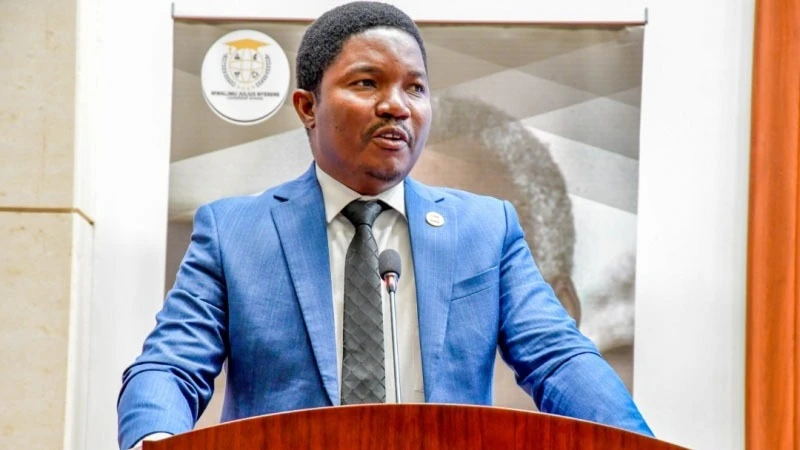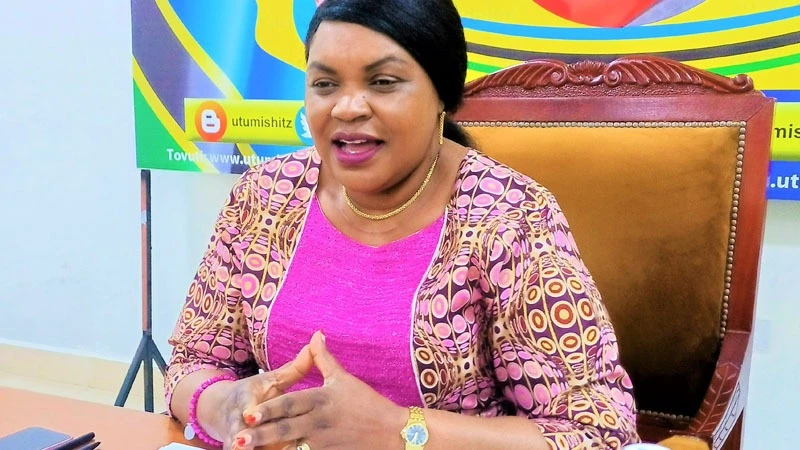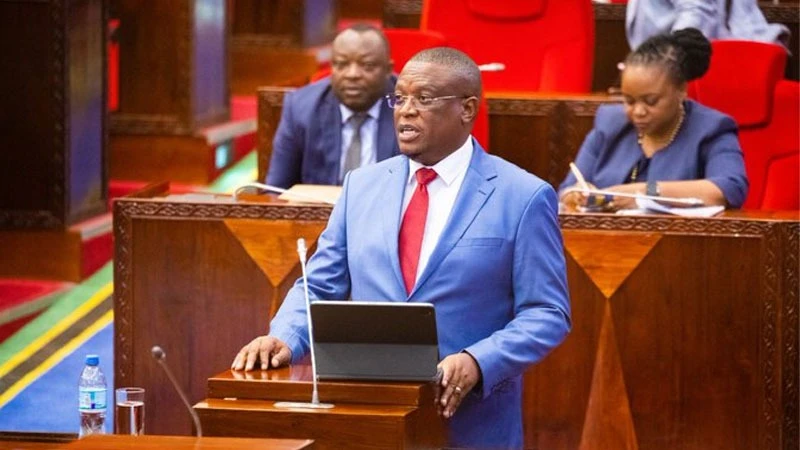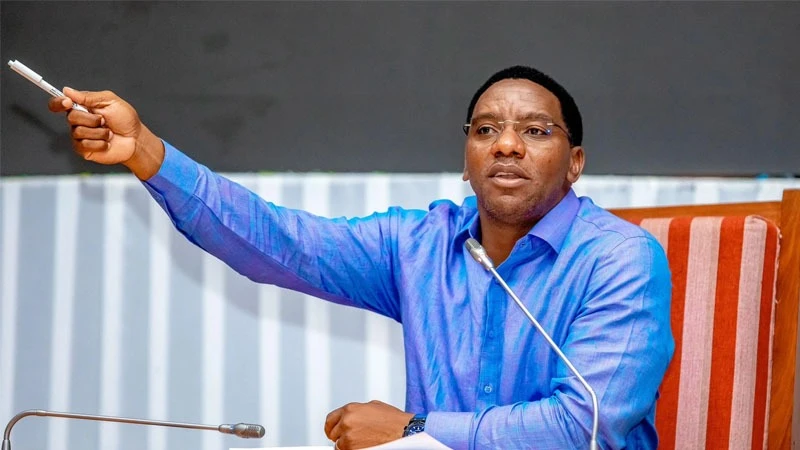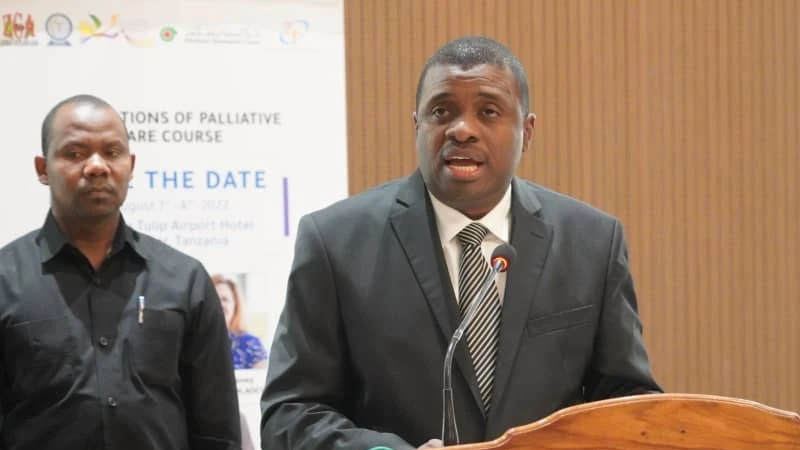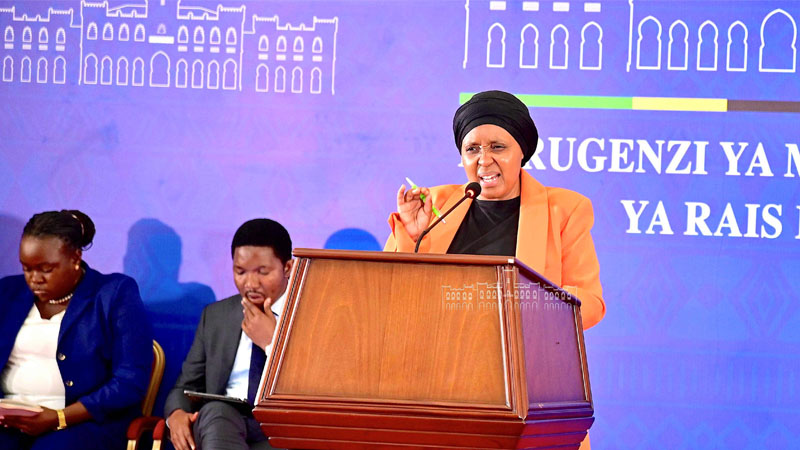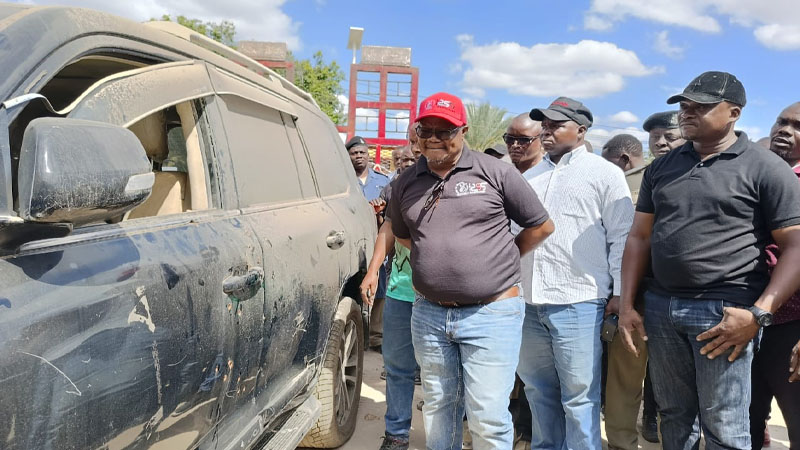Tanzania proposed as centre of excellence for sickle cell, oral and dental treatment
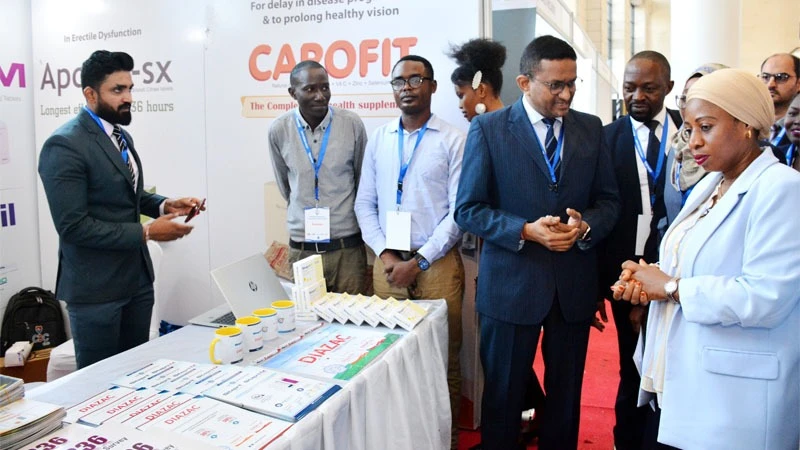
TANZANIA has been proposed to be a centre of excellence for East Africa Community (EAC) member countries to emulate the country’s expertise and experience in the treatment of sickle cell as well as oral and dental.
Ummy Mwalimu, Minister for Health, gave the statement in Dar es Salaam yesterday at the meeting of the EAC sectoral council of ministers responsible for health held to deliberate on the development, challenges and strategies to be implemented to ensure the accessibility of health services to the peoples in the EAC.
“We have proposed that the council approve the establishment of two centres of excellence in East Africa in oral and dental treatment, where we have shown that through Muhimbili University of Health and Allied Sciences (MUHAS) dental department. We have experts, equipment and we have the capacity. We want all other experts from the EAC countries to come and learn from MUHAS. We therefore believe that the council will agree to approve Tanzania to be a centre of excellence,” she said.
She said:“We have also informed our counterparts on the strides we have made in organ transplants such as bone marrow transplant for children diagnosed with sickle cell anaemia. Tanzania is among the top five countries globally with children born with sickle cell. The Democratic Republic of Congo ranks third, Tanzania fourth and Uganda in fifth position.”
Mwalimu said that she explained to the other leaders why Tanzania should be a centre of excellence for treatment of the oral and dental health and organ transplant, citing that Benjamin Mkapa hospital had already performed a bone marrow transplant for 10 children were 6 out of 10 had been proven to be cured from sickle cell.
The health minister said that the key discussion in the meeting is not only on how to address communicable diseases, like Malaria, Tuberculosis, but also to address non-communicable diseases (NCDs) which have been on the rise.
“As ministers, we saw the need for EAC health ministers to place special strategies to prevent and combat NCDs. Paramount to these strategies is the motivation for the public to perform physical exercises but also encourage them to have a balanced diet and discourage the excessive intake of alcohol,” she said.
“I have given Tanzania as an example to other EAC nations on how the government has implemented various interventions like the sensitization of the public to perform physical exercises, where I have informed leaders that prime minister,
Mwalimu said that Physical exercises have proven to be simple and effective ways to prevent non-communicable diseases (NCDs) especially diabetes and high blood pressure adding that 70 percent of NCDs patients in the country were diagnosed with diabetes and Hypertension.
Mary Muthoni, principal secretary public health and professional standards from the ministry of health in Kenya, said that if EAC countries unite they can pass policies that can help reduce the disease within the borders.
“Tanzania and Kenya are closely bordered countries which have a large influx of people crossing the border. Sometimes there might diseases lurking at the border area, which heightens the need to increase disease surveillance to know the emerging and re-emerging issues related to diseases that can be addressed at the heart,” she said.
Top Headlines
© 2024 IPPMEDIA.COM. ALL RIGHTS RESERVED








